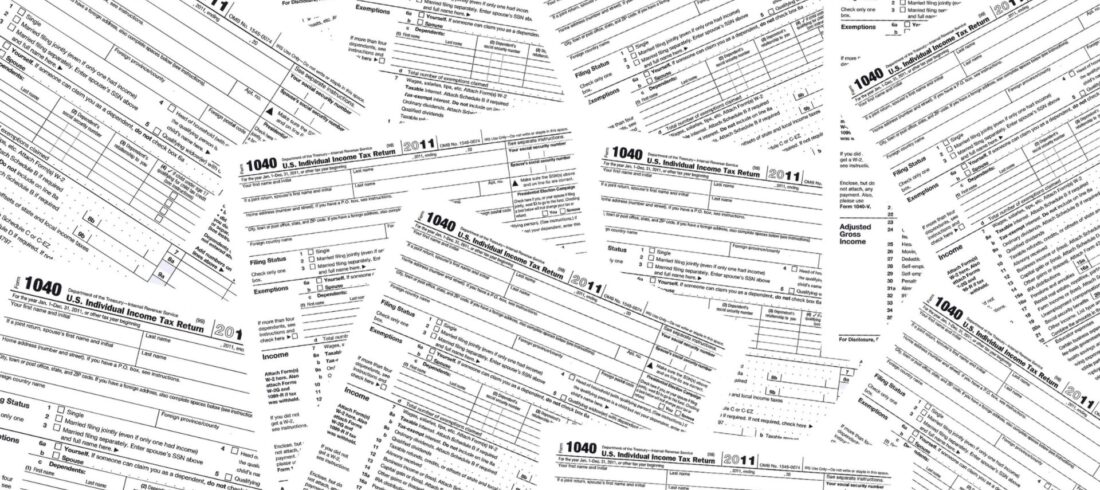
FINANCIAL STATEMENTS, COMPILATIONS, REVIEWS, AND AUDITS
Your basic financial statements, the Profit and Loss Statement, Balance Sheet, and Statement of Cash Flow are for your, the business owner’s or manager’s use.
The other three kinds of statements are for third parties, such as lenders , bonding companies, and customers. Lenders are concerned with the business’s ability to pay back loans. Customers are concerned about the business’s ability to complete a project. A couple of examples of businesses that might be asked to provide compiled, reviewed, or audited financial statements before starting a project would be building contractors and non-profit organizations receiving grants or public funding.
One of the major differences among the different kinds of accounting reports from the business manager’s point of view is cost.
A compilation is where a CPA looks closely at your financial statements to see if there are any obvious problems, but they do not dig below the surface. Obvious problems would include things such as a negative balance for, say, a loan. This would indicate that the loan had not been properly recorded on the books. The letter issued by the CPA firm for a compilation includes a disclaimer to the effect that the CPA is not giving any assurance with respect to the accuracy or completeness of the information. Since the CPA is offering very little assurance, the CPA is not incurring a significant risk of being sued if their client later defaults on a loan or fails to complete a project. In addition, a compilation is relatively quick and easy. Thus, the cost is low compared with the costs of reviews and audits.
A review extends the CPA’s work to analytical procedures, inquiries and other procedures to obtain “limited assurance” on the financial statements. The additional procedures include an understanding of the accounting methods generally used in your industry and some basic knowledge about the industry as a whole. A CPA doing a review will ask for documents such as leases and open contracts. The CPA will also determine whether your accounting conforms to Generally Accepted Accounting Principles (GAAP) and will recommend changes where necessary. A review is more time consuming than a compilation. In addition, the CPA is giving assurance and thus assuming liability if the business should later default on a loan or fail to complete a project. Therefore, a review costs more than a compilation.
An audit provides the highest level of assurance. An audit requires the CPA to really dig into the business’s management, the processes the business has set up to prevent employee fraud and errors. The CPA does not guarantee that the financials statements are 100% accure, but they do sign off on a statement that gives a high but not absolute level of assurance (the letter from the CPA will say “reasonable assurance”) that the statements are free from material misstatement. Unlike with compilations and reviews where the CPA is using information you provide, in an audit the CPA is required to contact third parties such as banks and customers to corroborate the amounts shown in your financial statements, such as accounts receivable and loan balances. Audits are time consuming, and the CPA has significant exposure if their client later defaults on a loan or fails to complete a contract. Therefore, audits tend to be very expensive.
When bidding jobs or applying for grants that will requires audited financial statements, you want to be sure to take the cost of the audit into consideration when making the bid and working out your budget.













